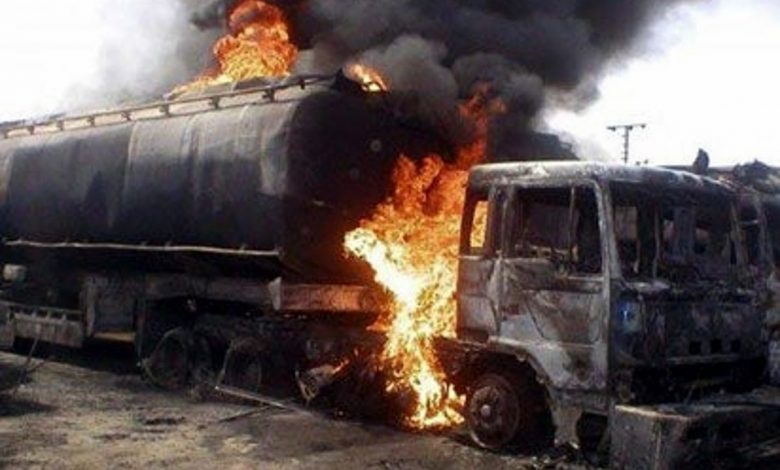
The Federal Government is considering a ban on petrol tanker trucks with a 60,000-liter capacity due to a significant increase in fatal accidents.
The government has proposed limiting tanker capacity to a maximum of 45,000 litres in discussions with stakeholders.
Speaking at an engagement on the recurrence of road tanker accidents, the Authority Chief Executive of the Nigerian Midstream and Downstream Petroleum Regulatory Authority (NMDPRA), Engr. Farouk Ahmed, revealed alarming statistics.
He said in less than three years, approximately 486 fatalities have been recorded as a result of tanker accidents. Ahmed stated that in 2025 alone, there have been five accidents with 121 fatalities and 79 injuries.
According to him, in 2024, 11 accidents resulted in 341 deaths and 124 injuries, while 2023 saw two accidents with 24 deaths and five injuries.
Describing the rising number of accidents and fatalities as unacceptable, Ahmed emphasized the need for urgent measures to ensure the safe transportation of petroleum products nationwide.
“We strongly believe that the incidents are avoidable and unnecessary because over the years, we have emplaced all necessary measures to prevent and mitigate their occurrence,” he said.
Ahmed outlined several existing safety measures, including the Minimum Industry Safety Training for Downstream Operators, installation of anti-spill safety valves, safe-to-load initiatives, cocolour-codingnd branding of tank trucks, spot checks by the FRSC, broadcast of emergency numbers, and public awareness campaigns.
However, the President of the National Association of Road Transport Owners (NARTO), Alhaji Yusuf Othman, strongly opposed the proposed ban, warning that it would lead to a loss of over N300 billion in investments.
Othman explained that there are currently about 2,000 trucks with 60,000-liter capacity involved in petroleum product transportation, each costing over N150 million.
“We are saddened by these occurrences and we believe measures need to be taken to avoid future occurrences. But, in doing that we need to avoid being sentimental in taking certain decisions so that we don’t throw the baby with the bathwater,” he said.
Othman emphasized the challenges posed by the poor state of Nigerian roads and the lack of adequate rest areas for tanker drivers.
He stressed the importance of regular health checks for drivers to ensure they are mentally fit to operate the vehicles.
